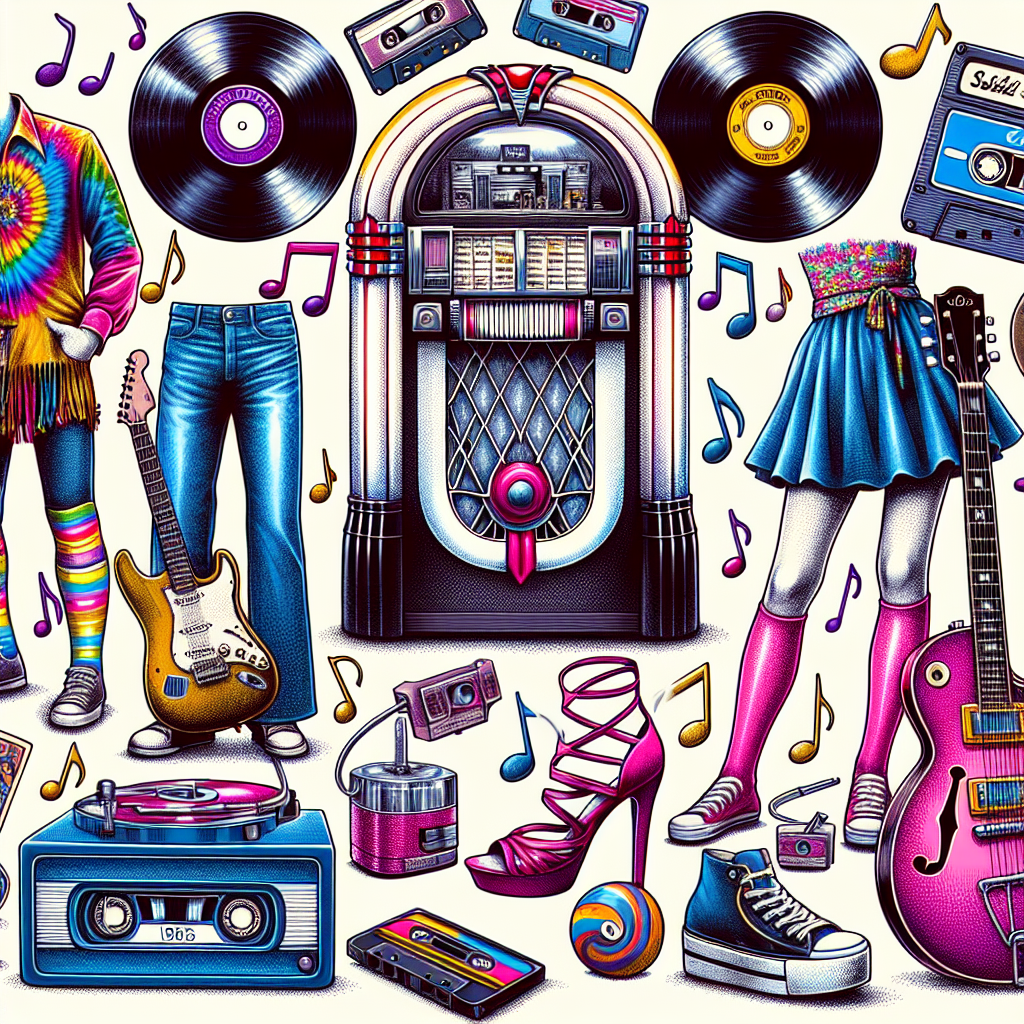In the 1950s, 60s, and 70s, music underwent a revolutionary transformation thanks to advancements in technology. This period marked a significant shift in the way music was created, produced, and consumed, ultimately shaping the cultural landscape of the time.
One of the key technological innovations that revolutionized music during this era was the development of the electric guitar. The introduction of this instrument allowed musicians to experiment with new sounds and styles, leading to the rise of rock and roll as a dominant genre. Artists like Chuck Berry, Elvis Presley, and The Beatles used electric guitars to create energetic and innovative music that captured the spirit of youth culture.
Another important technological advancement that shaped music in the 50s, 60s, and 70s was the invention of multitrack recording. This technique enabled artists to layer different instruments and vocals on top of each other, creating complex and dynamic soundscapes. Bands like The Beach Boys and The Beatles used multitrack recording to push the boundaries of what was possible in popular music.
Politicians also played a role in revolutionizing music during this time period. In the 1960s, politicians like John F. Kennedy and Lyndon B. Johnson embraced popular musicians as cultural ambassadors, recognizing the power of music to unite people across political divides. This led to iconic moments like The Beatles’ performance on The Ed Sullivan Show and Bob Dylan’s performance at the March on Washington.
Music also had a profound impact on fashion during this era. Musicians like Jimi Hendrix, Janis Joplin, and David Bowie used their style choices to express themselves creatively and challenge societal norms. Their bold fashion statements influenced trends both on stage and off, inspiring generations of fans to embrace individuality and self-expression.
Technology continued to shape music in the 1970s with the advent of synthesizers and drum machines. These electronic instruments allowed artists to explore new sonic possibilities and experiment with different genres like disco, funk, and electronic music. Bands like Kraftwerk and Donna Summer used synthesizers to create futuristic sounds that captivated audiences around the world.
Overall, technology played a crucial role in revolutionizing music during the 1950s, 60s, and 70s. From electric guitars to multitrack recording to synthesizers, these innovations transformed how music was created and consumed, paving the way for new genres and styles to emerge.
Looking back on this era with a positive outlook, it’s clear that technology has had a lasting impact on music culture. By pushing boundaries and challenging conventions, musicians were able to create timeless works of art that continue to inspire listeners today.


Get involved!
Comments